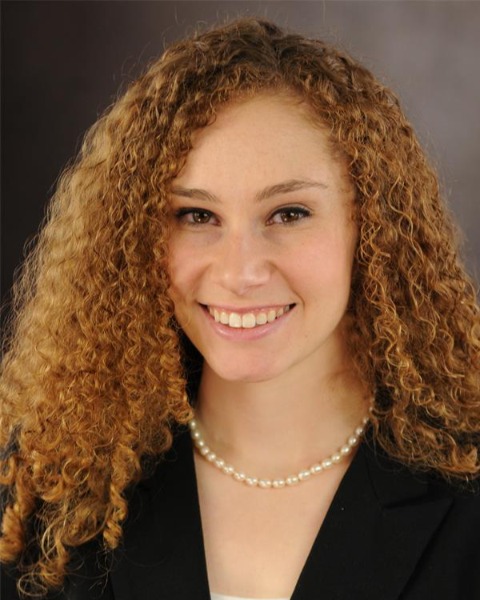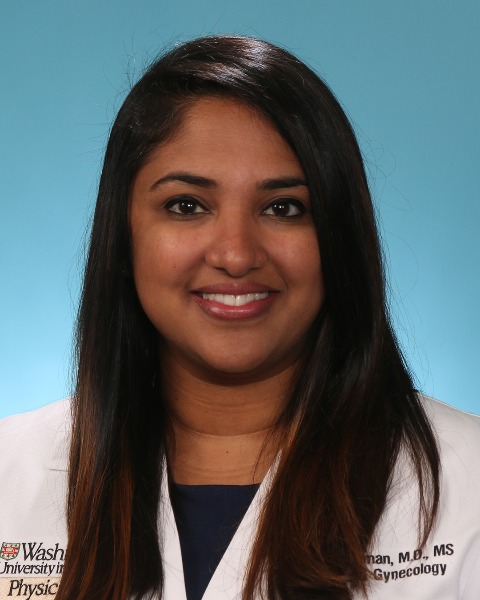Category: Public Health/Global Health
Poster Session IV
(1162) Impact of concurrent stimulant misuse and opioid use disorder during pregnancy
Concurrent stimulant misuse with opioid use disorder (OUD) during pregnancy is rising in prevalence and requires further study. We sought to describe differences in presentation and outcomes of patients with concurrent stimulant/OUD, compared to OUD alone, in a comprehensive, multidisciplinary substance use disorder prenatal clinic (CARE).
Study Design:
This is a retrospective cohort study of all patients with OUD seen in CARE from 6/2018-6/2022. Background characteristics of patients with concurrent stimulant misuse were compared to patients with OUD alone using chi square, fisher exact, and Mann-Whitney U tests. Rates of preterm birth, obstetric, and neonatal morbidities were also compared using logistic regression with stepwise selection.
Results:
179 total patients were studied, the majority reported concurrent stimulant misuse(51.4%), with most reporting amphetamine/methamphetamine(76.1%) and/or cocaine misuse(54.3%). Patients with concurrent stimulant misuse were less likely to reside in private housing(59.8% vs 83.0%, p< 0.01), more likely to report a history of injection use(59.8% vs 41.4%, p=0.02), more likely treated with an antipsychotic(17.4% vs 4.6%, p=0.01) and more likely to report a history of heroin use(66.3% vs 39.1%, p< 0.01) than patients with OUD alone(Table 1). After prenatal care in CARE, no differences were seen between cohorts in terms of preterm birth, preeclampsia, fetal growth restriction, or fetal anomalies, with one abruption case(Table 2). Neonates born to patients with concurrent stimulant use were of lower birth weight(2711g vs 2950, p=0.01), but had no differences in NAS treatment, NICU admission, or length or stay.
Conclusion:
The majority of patients with OUD in CARE have concurrent stimulant misuse, more unstable demographics, risky behaviors, and ongoing antipsychotic treatment than patients with OUD alone. However, comprehensive multidisciplinary prenatal care may be able to mitigate many of these differences to achieve similar obstetric and neonatal outcomes to patients with OUD alone.

Suzanne O'Nan, MD (she/her/hers)
Assistant Professor
Washington University in St.Louis
St. Louis, Missouri, United States- MM
Melissa Mills, N/A
Washington University in St.Louis
St. Louis, Missouri, United States - HF
Hayley Friedman, MD
St. Louis Children's Hospital
St. Louis, Missouri, United States 
Megan L. Lawlor, MD
Saint Louis University School of Medicine
St. Louis, Missouri, United States.jpg)
Anthony O. Odibo, MD
Professor
Washington University School of Medicine
St. Louis, Missouri, United States
Ebony B. Carter, MD, MPH (she/her/hers)
Associate Professor, MFM; Chief, Division of Clinical Resarch
Washington University School of Medicine
St. Louis, Missouri, United States
Nandini Raghuraman, MD,MSc (she/her/hers)
Assistant Professor
Barnes Jewish Hospital, Washington University in St Louis
St. Louis, Missouri, United States- JK
Jeannie C. Kelly, MD,FACOG,MS
Associate Professor
Washington University School of Medicine
St. Louis, Missouri, United States

.png)
